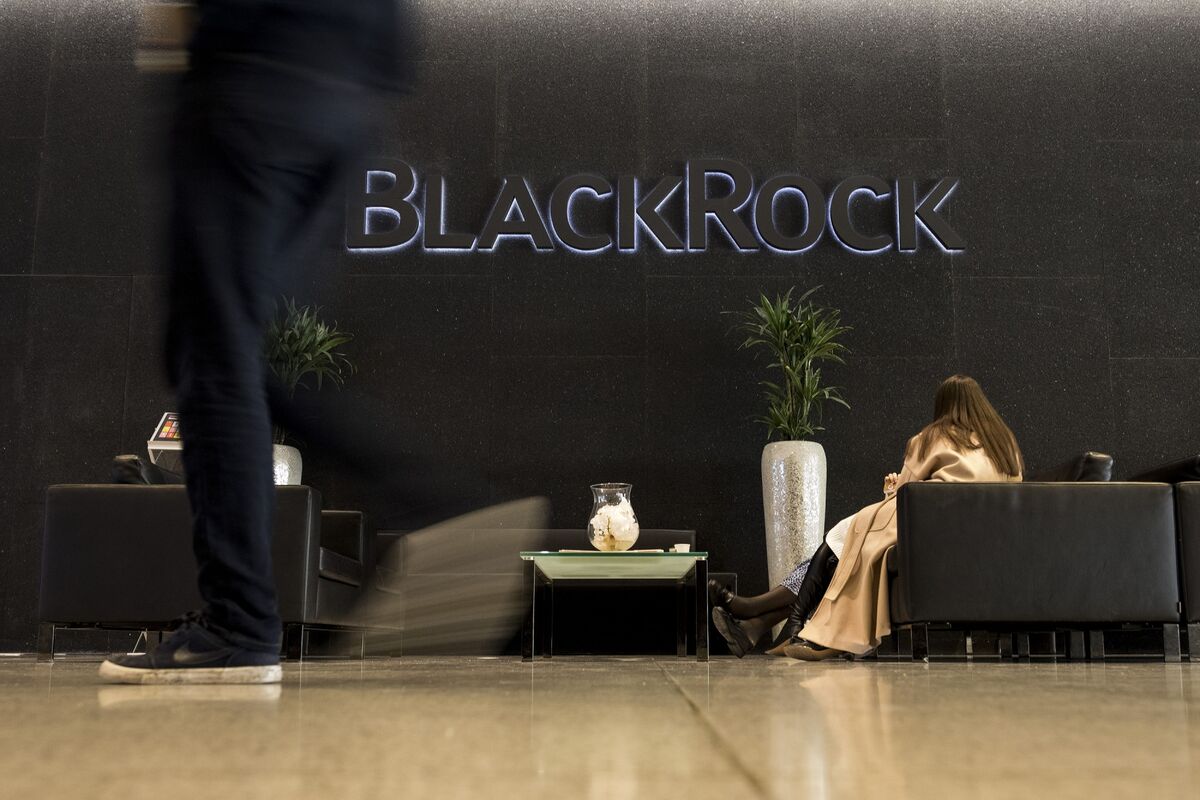BlackRock Pays $17.2M One of the world’s biggest and most powerful asset management companies, BlackRock, has effectively paid out $17.2 million in dividends via its blockchain-based Institutional Liquidity Fund, marking a significant milestone in institutional investing. This accomplishment demonstrates how blockchain technology increasingly transforms how extensive financial transactions and distributions are carried out. The action shows BlackRock’s dedication to using cutting-edge technologies to improve customer transparency and expedite processes.
Blockchain-Powered Innovation at BlackRock
BlackRock has long been a pioneer in financial innovation and is renowned for its proficiency in asset management across several industries. Another move in the company’s attempts to remain ahead of the curve in a business that is always changing is its entry into blockchain technology. BlackRock is taking advantage of blockchain’s capacity to improve security, efficiency, and transparency by using it to disburse dividends. Best recognized as the technology behind cryptocurrencies like Bitcoin, blockchain is finding more and more uses in conventional finance, especially in areas like asset management, record-keeping, and payments.

BlackRock launched the Institutional Liquidity Fund as a blockchain-powered project to manage short-term investments and offer institutional customers liquidity alternatives. By using distributed ledger technology and smart contracts to enable transactions and payments more safely and effectively, this fund seeks to increase the effectiveness of cash management for big businesses.
Blockchain Efficiency and Dividends
BlackRock has achieved a major milestone by releasing $17.2 million in dividends via its blockchain-based liquidity fund. Historically, Dividend payments have been laborious, involving middlemen, protracted settlement periods, and possible transaction mistakes. However, the procedure has become much more efficient due to the main advantages of blockchain technology, such as its capacity to eliminate the need for intermediaries and provide real-time transaction monitoring.
In this instance, dividend payments are carried out more straightforwardly and transparently, thanks to the use of blockchain. BlackRock has been able to automate and speed up the distribution process with the aid of smart contracts, which are self-executing contracts with the terms of the agreement directly written into code. This has allowed institutional investors to get their payouts faster and with less administrative burden.
Because blockchain’s immutable ledger guarantees that every transaction is recorded safely and openly, the distribution process for investors is quicker and more dependable. This lowers the possibility of human mistakes and improves the fund’s overall operational efficiency.
Institutional Liquidity Fund
The blockchain-based Institutional Liquidity Fund from BlackRock helps institutional investors manage liquidity needs reliably and effectively. The fund offers short-term, high-quality assets, including government bonds and other low-risk securities, while maintaining cash management flexibility. Blockchain technology adds automation and security to the fund’s appeal. Over and beyond its payouts, BlackRock’s blockchain initiative is influential. This market’s introduction of blockchain technology signals a shift toward decentralized, technology-driven asset management.
Blockchain technology may reduce costs, speed up transactions, and increase transparency for institutional investors who seek precision and efficiency in their financial operations. Blockchain may also transform how other financial institutions and investment firms manage liquidity, setting innovation norms. BlackRock Pays $17.2M As institutional investors realize its benefits, blockchain technology in financial markets will develop.
Blockchain’s Increasing Use in Finance
Blockchain technology is used more in finance, and BlackRock’s Institutional Liquidity Fund uses it well. BlackRock Pays $17.2M Initially associated with cryptocurrency, blockchain is increasingly employed by traditional financial institutions to boost efficiency, cut costs, and improve security. In addition to BlackRock, JPMorgan Chase and Goldman Sachs are exploring blockchain technology for various business activities. Blockchain proves its versatility and disruptive potential in trade settlement, payment processing, and regulatory compliance.
Blockchain helps financial institutions process transactions faster, securely, and without fraud or errors. By replacing intermediaries with decentralized networks, blockchain technology may substantially lower transaction costs and settlement times. These efficiency benefits may boost institutional investor returns and simplify investment.
Read More: Russian Crypto Miners Turning to Renewable Energy
Conclusion
BlackRock’s $17.2 million Institutional Liquidity Fund dividend distribution marked a turning moment in blockchain technology’s adoption into traditional finance. BlackRock’s blockchain technology has made dividend distribution more efficient, transparent, and safe for institutional clients. This shows how blockchain technology is changing financial services, particularly asset and liquidity management. Blockchain’s potential to transform the banking sector will rise as more companies use it. The success of BlackRock’s blockchain-powered fund shows that the financial sector will become more digital, decentralized, and inventive.

